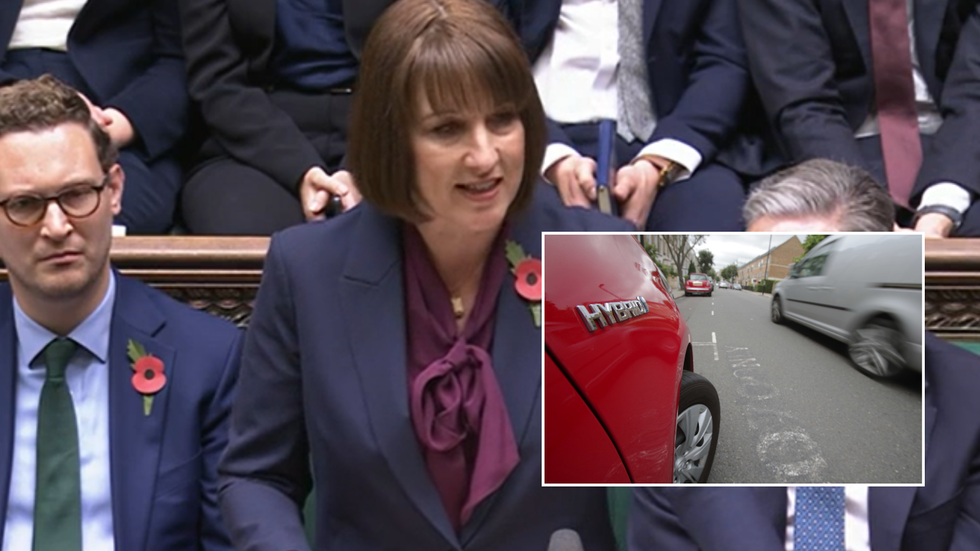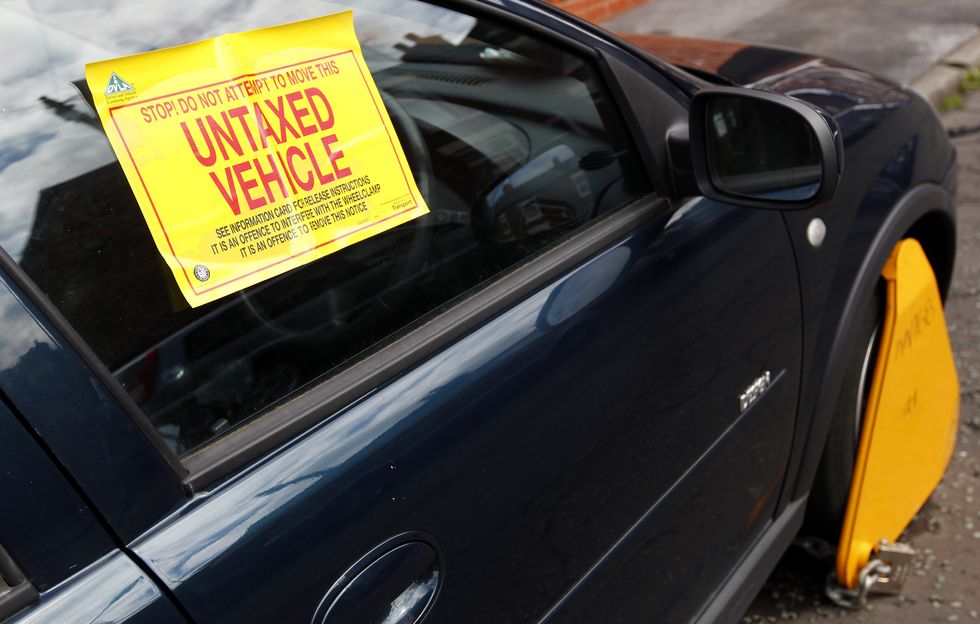Drivers have been warned that car tax hikes announced by Rachel Reeves in the Autumn Budget could signal the end of hybrid company cars.
In the Budget, company car drivers with plug-in hybrid vehicles saw significant tax increases, with benefit-in-kind rates set to more than triple from five per cent to 18 per cent by 2028-29.
The dramatic shift in taxation could signal a clear move by the new Labour Government to phase out PHEVs from company car fleets. The changes, outlined in the recent Budget, mark a decisive push towards fully electric vehicles for business users.
The tax hike represents one of the most substantial changes to company car taxation in recent years, affecting thousands of PHEV drivers across the UK.
Do you have a story you’d like to share? Get in touch by emailing[email protected]

Benefit-in-kind rates will see hybrid cars increase from five per cent to 18 per cent by 2028-29
GB NEWS/PA
Paul Hollick, chair of the Association of Fleet Professionals explained that the Budget can be viewed as “something of a tidying-up operation by the Government when it comes to company cars”.
The Government’s intention is to push all company car drivers towards zero-emission vehicles, with traditional alternatives being “systematically phased out”, he stated.
“The Government is making it pretty clear that it wants all company car drivers behind the wheel of a zero emissions electric car while paying benefit-in-kind at the standard rate,” Hollick added.
But experts have warned that any deviation from this model is being eliminated through tax policy changes. The AFP chair noted that while this provides clarity for fleets, it means substantial bills for some drivers and employers unless action is taken.
This is likely to result in widespread redrawing of company car choice lists, with a renewed emphasis on electric vehicles.The changes reflect a broader strategy to remove any ambiguity in company car taxation policy.
The changes announced by Reeves are also expected to prompt widespread discussions between employees and fleet managers about early vehicle replacements. Similar changes affect double-cab vehicles, though these benefit from grandfather rights until the 2029-30 tax year.
After April 2029, double-cab users will see “an exponential increase in their tax,” according to Hollick, potentially leading to their “near-disappearance” from car fleets. The impact on current PHEV drivers is particularly severe, especially those who recently committed to four-year vehicle contracts.
Hollick warned: “Drivers who have recently taken on a PHEV on a four-year cycle will see their tax rise massively in its last year and no doubt many of them will head into work this morning to talk to their employer about the possibility of getting out of that car earlier.”
The changes are expected to prompt many drivers to seek early termination of their PHEV contracts.Fleet managers are likely to face increased requests from employees looking to switch to fully electric alternatives ahead of the tax increases.
The situation reflects a broader transition in the fleet industry, with PHEVs becoming increasingly less attractive from a tax perspective.
But the AFP did welcome the certainty provided by benefit-in-kind tax tables extending through to the end of the decade. “This is something that we have been requesting for some time because it means that fleets can plan for the future with certainty,” said Hollick.
While the rise in benefit-in-kind on electric cars to nine per cent by 2029/30 was noted, the AFP acknowledged this was an inevitable development.
LATEST DEVELOPMENTS:
 Many motorists could see their car tax prices double next year PA
Many motorists could see their car tax prices double next year PA However, the Government’s policy direction leavexs no room for ambiguity, with multiple measures pushing fleets towards full electrification.